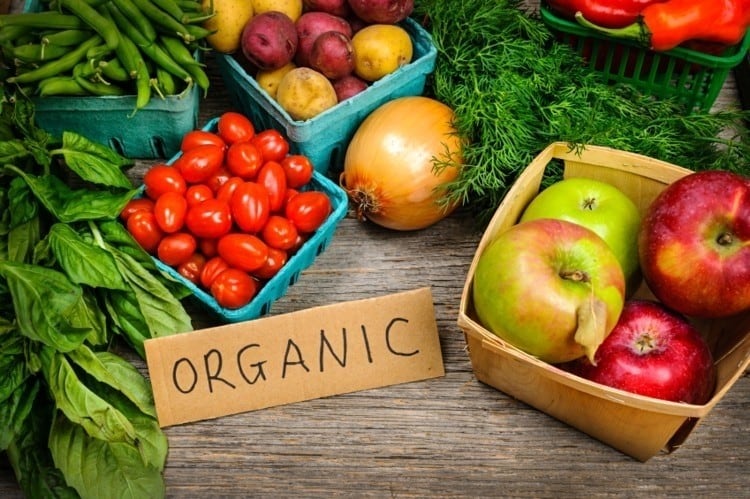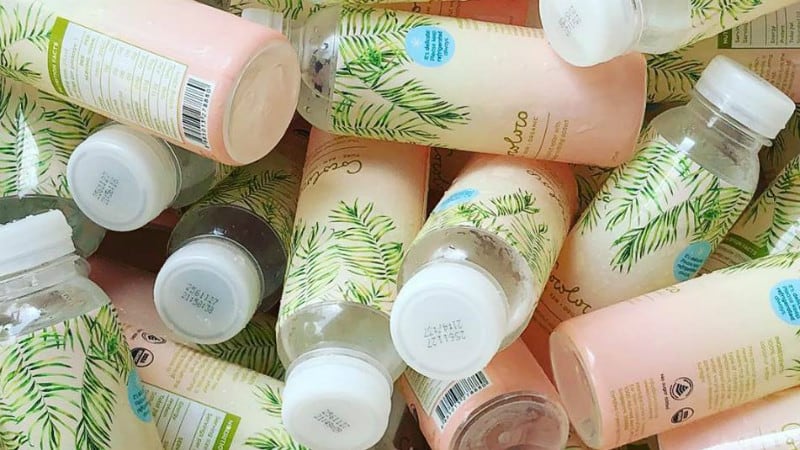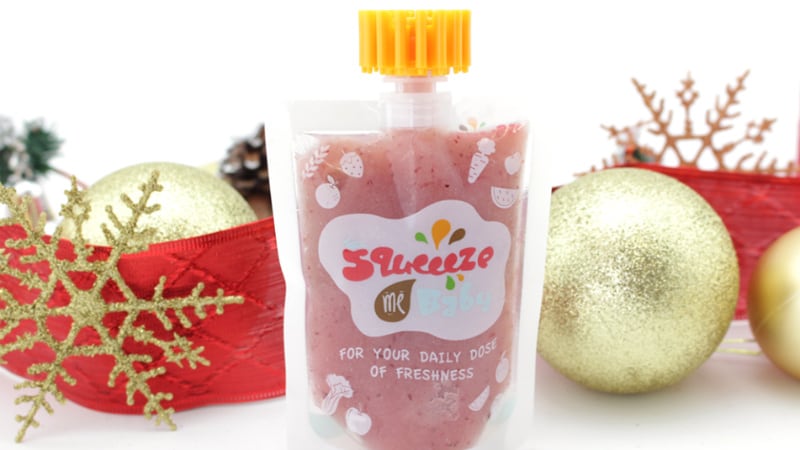According to data released by the Emirates Authority for Standardisation and Metrology (ESMA), the number of products grew by 89% in the six months up to April, while a further 1.8m square meters of organic farmland was seen during the same period—equivalent to a 53% growth in area.
Over 1,110 new organic products were sold in the UAE, including vegetables, fruits and dates, meat, poultry and eggs, Abdullah Al Maeeni, ESMA’s director-general announced.
He said organic farming was necessary because it allows the country to diversify its agricultural production. ESMA has become central to this process as it issues conformity certificates to organic farms. Once they receive these, they can begin sending their produce for export outside the UAE, and by doing so they open up new markets to UAE producers.
Organic produce, which is grown naturally without the use of chemical pesticides, has been growing in popularity among consumers both locally and across the countries of the Gulf Cooperation Council. All the seeds used in organic farming must be sourced naturally and they must be free of genetically modified organisms.
It is a matter of debate whether hydroponics, which is a popular form of agricultural production in the UAE and other desert countries with little rainfall and a shortage of fertile soil, should be considered organic. In the UAE, farmers contend that organic certification should be limited to produce grown in soil.
ESMA grants an "organic mark” through a so-called certificate of conformity to farms. This states that produce grown there complies with organic standards laid down by the Emirates Conformity Assessment System (ECAS).
Food security has been identified as a priority by the UAE’s government. Last year, UAE minister of state for food security Mariam Al Mehairi said this was “one of the biggest challenges we will face in the future”.
To address the issue, the UAE, which imports some 90% of its food, hopes to boost local food production by 40%.
In March, Abu Dhabi pledged AED5.6bn (US$1.52bn) to support research and development revolving around water scarcity and food security.




